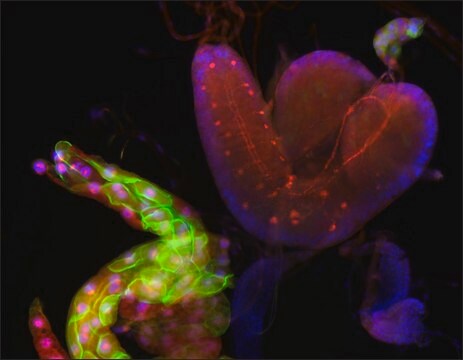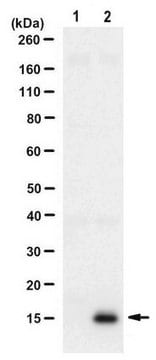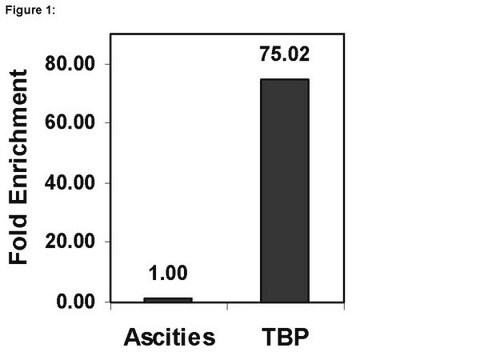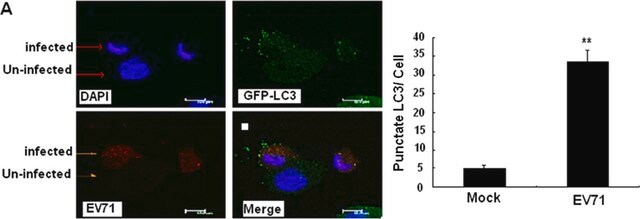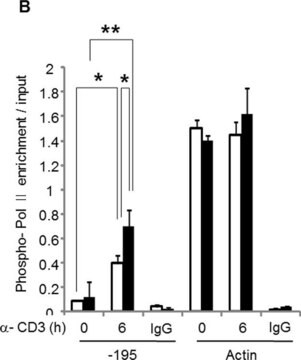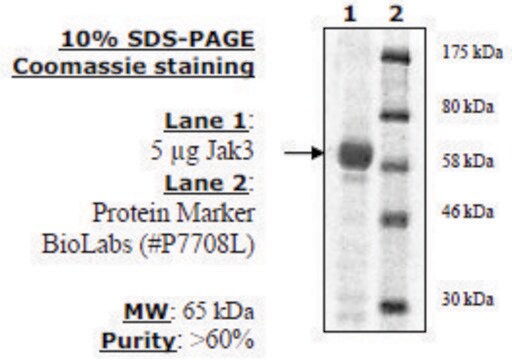ABC344
Anti-ATG13 Antibody
from rabbit, purified by affinity chromatography
Sinónimos:
Autophagy-related protein 13
About This Item
IHC
WB
immunohistochemistry: suitable
western blot: suitable
Productos recomendados
biological source
rabbit
Quality Level
antibody form
affinity isolated antibody
antibody product type
primary antibodies
clone
polyclonal
purified by
affinity chromatography
species reactivity
mouse, rat
species reactivity (predicted by homology)
human (immunogen homology)
technique(s)
immunofluorescence: suitable
immunohistochemistry: suitable
western blot: suitable
UniProt accession no.
shipped in
wet ice
target post-translational modification
unmodified
Gene Information
human ... ATG13(9776)
mouse ... Atg13(51897)
General description
Immunogen
Application
Immunofluorescence Analysis: 20 μg/mL from a representative lot detected ATG13 in mouse heart cells.
Apoptosis & Cancer
Apoptosis - Additional
Quality
Western Blotting/Peptide Inhibition Assay Analysis: 1 µg/mL of this antibody detected ATG13 in 15 µg of rat heart tissue lysate.
Target description
Physical form
Storage and Stability
Analysis Note
Rat heart tissue lysate
Other Notes
Disclaimer
¿No encuentra el producto adecuado?
Pruebe nuestro Herramienta de selección de productos.
Storage Class
10 - Combustible liquids
wgk_germany
WGK 2
flash_point_f
Not applicable
flash_point_c
Not applicable
Certificados de análisis (COA)
Busque Certificados de análisis (COA) introduciendo el número de lote del producto. Los números de lote se encuentran en la etiqueta del producto después de las palabras «Lot» o «Batch»
¿Ya tiene este producto?
Encuentre la documentación para los productos que ha comprado recientemente en la Biblioteca de documentos.
Nuestro equipo de científicos tiene experiencia en todas las áreas de investigación: Ciencias de la vida, Ciencia de los materiales, Síntesis química, Cromatografía, Analítica y muchas otras.
Póngase en contacto con el Servicio técnico